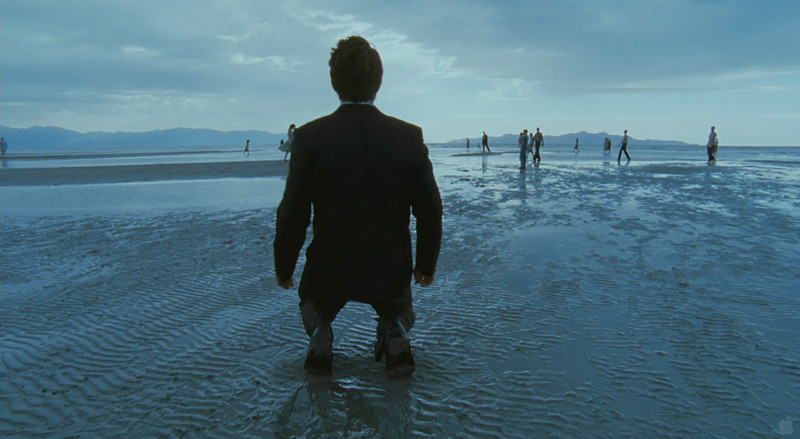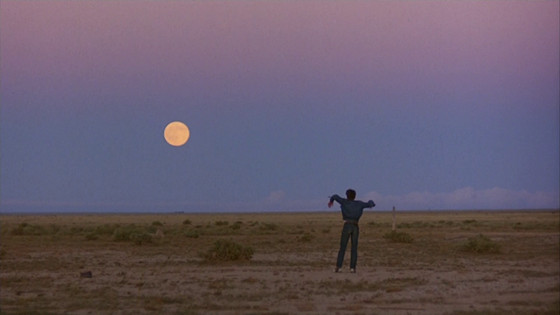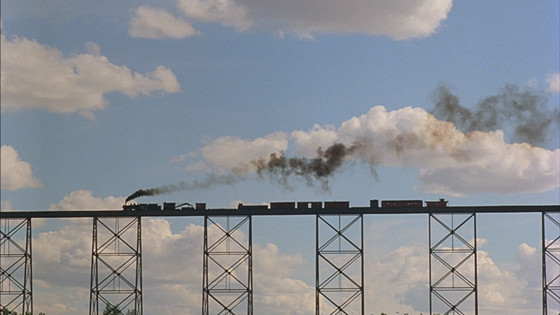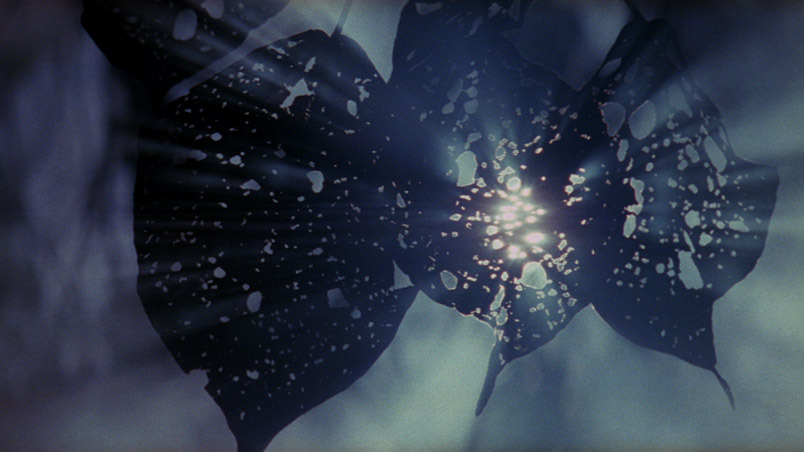
Terrence Malick is both one of the greatest philosophical filmmakers of all time and one of the most underappreciated. He has won all of the prestigious awards necessary to award him high praise from critics (Ebert being a huge fan), but the general public often disapproves, criticizes, and rejects his amazing works of art.
On the eve of the American release of his next big film Knight of Cups, I think it’s worth a look at the philosophical meaning and importance of his last 6 films. In looking at them, we can get an idea of which themes and philosophical concepts KoC will win.
Malick has always been concerned with the soul. From his earliest films, we see an examination of the soul (this is further developed in his later films) which critiques human nature, an examination of faith and its dialectical nature, and an attempt to understand what it means to exist in the world.
Some of this stems from his personal life: a devout Anglican, Malick has struggled with his faith and has grown from his humble upbringing of simple subservience to God to a deeper intellectual understanding of what makes faith cohere with the existential struggle against human mortality.
Some however stems from his educational background, studying philosophy at Harvard and Oxford and even studying briefly under Martin Heidegger and Stanley Cavell. Finally, a great deal of his notion of soul growth (let us call it soul growth as opposed to character development) has come from his personal life, looking back on70+ years of mistakes he has made.
His films are often autobiographical, in a way that examines Malick’s mistakes and hopes to educate his viewers about the pitfalls of worldly life, a life that is both a Christian notion and general notion of inauthentic being.
At this point, it’s not worthwhile to muse about his general philosophical interests, but will prove more fruitful to dive into his films and look at his growth over the years. I cannot be more excited about Knight of Cups, and so I think the best way to prepare for its release is to look through and re-watch all of his filmography. I encourage viewers to do the same, for their enjoyment and for the good of their soul.
1. Badlands

Malick’s directorial debut, Badlands is based on the true story of the 1957-1958 serial killings of Charles Starkweather. A film about a serial killer sounds more like the works of David Fincher than an analysis of the soul, but Badlands is really focused on Holly’s (Sissy Spacek) spiritual growth and how the actions of Kit (Martin Sheen) affect her.
The two meet and fall in love at a very young age, and Holly’s father (Warren Oates) disapproves. After feebly attempting to reason with him, Kit decides to take matters into his own hands. What follows is a crime spree spiraling out of control, and Kit and Holly begin to lose themselves as they attempt to save themselves from prison.
Most of Malick’s later and great themes are only hinted at in this film, but one of them is basically spelled out for his viewers in Holly’s words:
One day, while taking a look at some vistas in Dad’s stereopticon, it hit me that I was just this little girl, born in Texas, whose father was a sign painter, who only had just so many years to live.
Holly realizes she is in a race against time. Both she and Kit hope to leave some sort of mark on the world, to make their existence meaningful for all to share in it. Perhaps Kit has done this by murdering those in his way, but it seems doubtful that this is the existential fulfillment that Holly was looking for when she fell in love with Kit.
In fact, his killing seems to be a depressing thought putting her decisions into perspective. How can one fight against mortality without any grace?
2. Days of Heaven

Malick’s next foray, Davs of Heaven, also differs and capture a part of the American experience that many other films were heretofore incapable of capturing. This film however, is more an examination of what causes us to be mortal and sinful creatures.
It follows Linda (Linda Manz) and Bill (Richard Gere), as they gain and lose paradise because of Bill’s selfish and sinful desires. A film so unlike Malick’s others in form and setting, Days of Heaven received many awards, including Best Director from the 1979 Cannes film festival.
What is this film about? Days of Heaven features a Garden of Eden which is lost by the characters of the film. (If you think through all of his others, you’ll see this is true of them, too.)
In Days of Heaven, paradise is lost with an actual biblical plague, as locusts overrun the farm and destroy everything. It is not, as Linda retells, that everything “go[es] up in big flames”, but rather depicts a metaphorical fall from a state of grace using both locusts and an actual fire of the homestead.
The film’s characters are left asking what went wrong and what they did to cause disaster. While hindsight is said to be 20/20, it’s hard to say exactly how they caused their fall from grace. All that can be said is that they are now beings in the world, which must face the facts that they and all they know will soon be brought to inexistence.
3. The Thin Red Line

After a long hiatus (20 years to be exact) Malick released his next film, The Thin Red Line, featuring as star-studded a cast as imaginable and during a ripe time for WWII films.
Public reception was poor at best because, not only was it advertised and released at the same time as the action-packed Saving Private Ryan, Malick made a war film that was not about war.
Moreover, despite “featuring” several major stars, the film’s release left almost all footage of them on the cutting table, cutting Sean Penn down to a minor role, George Clooney down to less than a minute, and the Billy Bob Thornton 4 hour narration completely out of the film.
Not only was this a nice way to stick it to Hollywood, but it also turned out to be a wonderful aesthetic choice, allowing Malick to make his points with a poesis of film and dialog from the remaining cast.
What is the film about? Like his other films, The Thin Red Line is fairly easy to understand, if you pay attention to the right parts. As Private Witt (Jim Caviezel) says of his dying mother:
I remember my mother when she was dyin’, looked all shrunk up and gray. I asked her if she was afraid. She just shook her head. I was afraid to touch the death I seen in her. I couldn’t find nothin’ beautiful or uplifting about her goin’ back to God. I heard of people talk about immortality, but I ain’t seen it. I wondered how it’d be like when I died, what it’d be like to know this breath now was the last one you was ever gonna draw. I just hope I can meet it the same way she did, with the same… calm. ‘Cause that’s where it’s hidden – the immortality I hadn’t seen.
In other words, The Thin Red Line is about facing an existential threat and meeting it with a calm. It’s about knowing that when this life ends all will be okay, as long as you’ve lived this life in the right way. It’s about ceasing to struggle to make some mark on this world and rather striving to do some good in it, not for oneself but for others.
This need not manifest itself in some truly Christ-like sacrifice as Malick presents, but it must include a selfless approach to existence, one that recognizes others and puts them first. Nature isn’t this at all, but for Malick, Grace is.